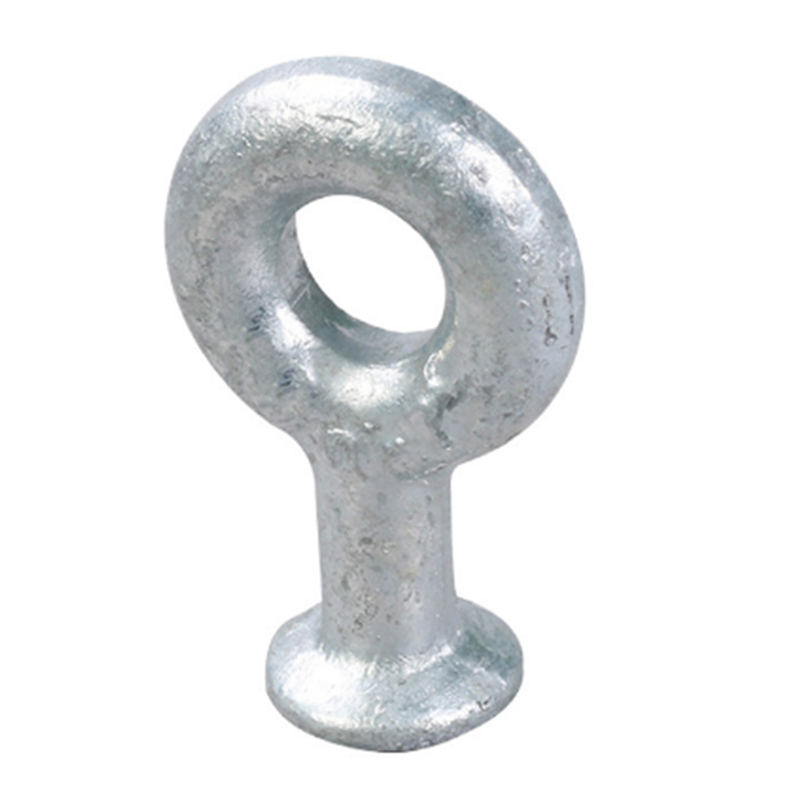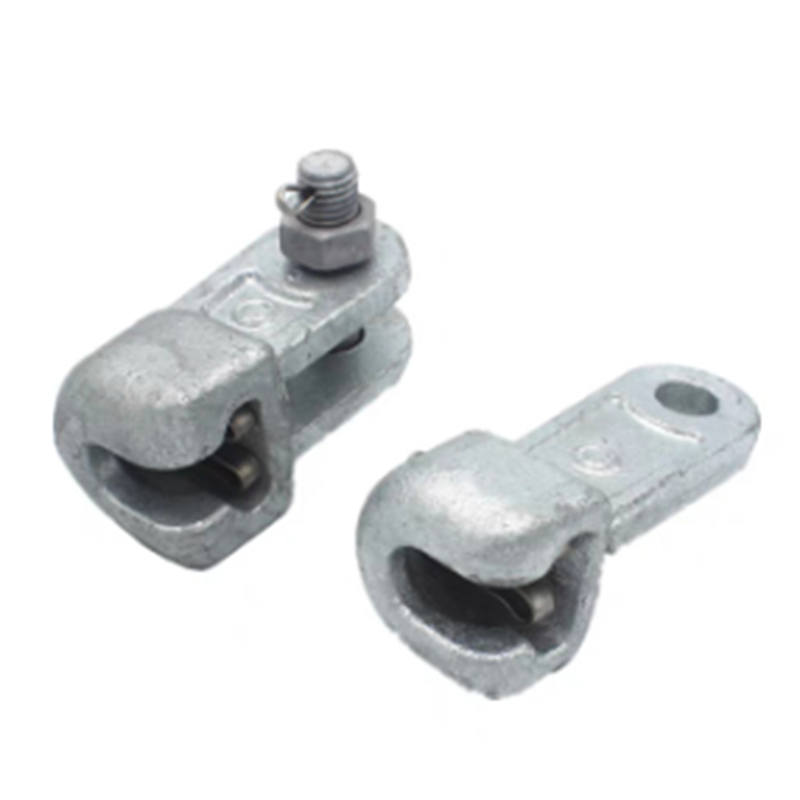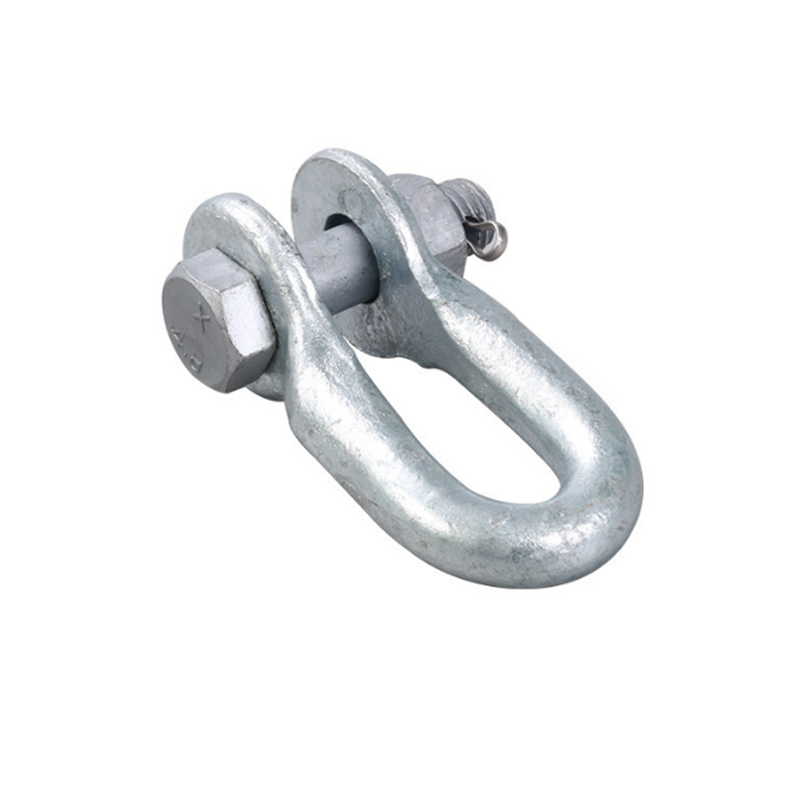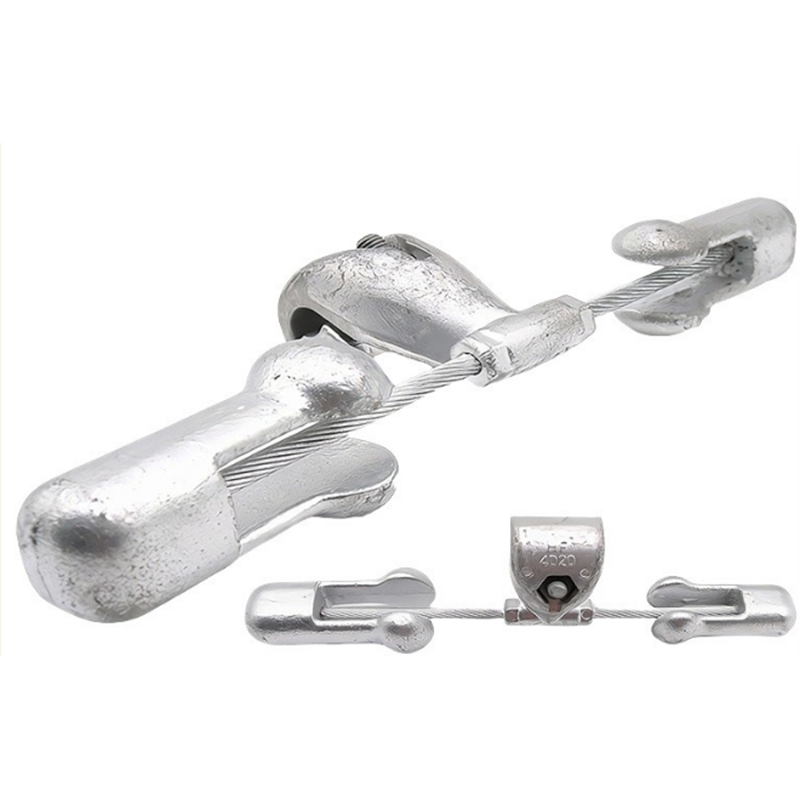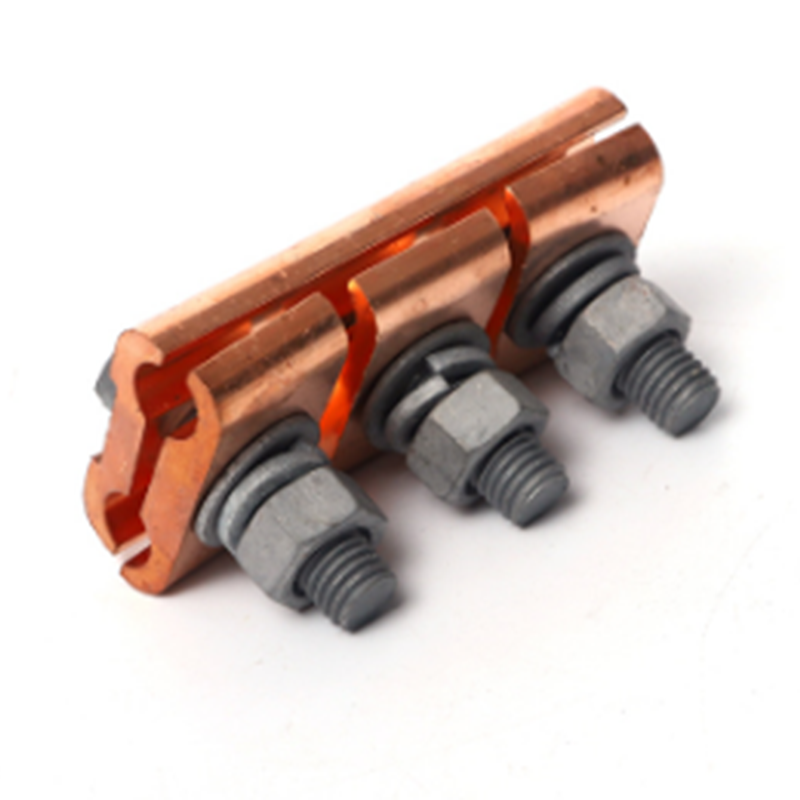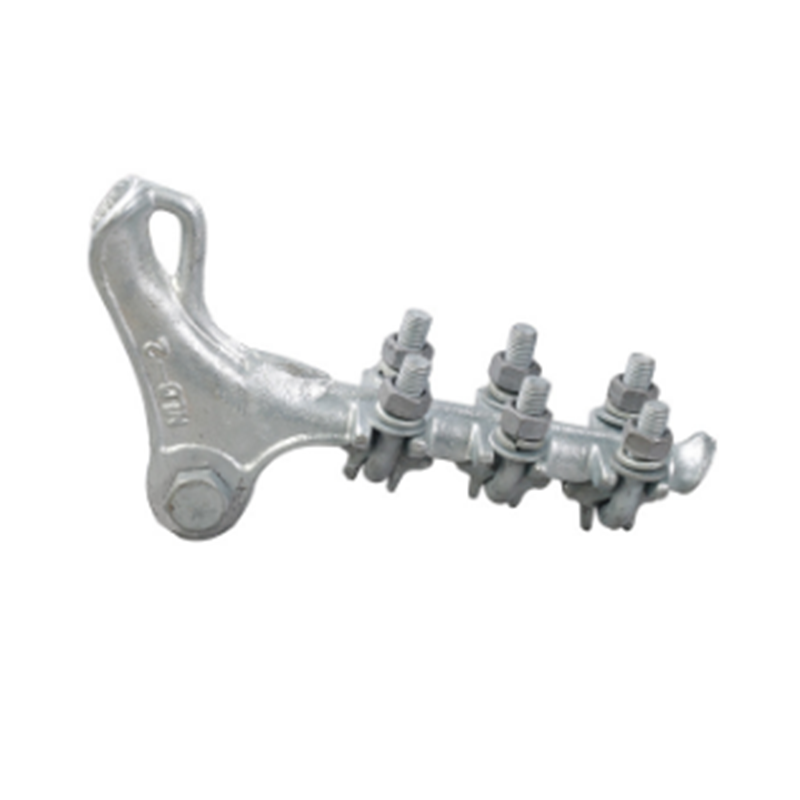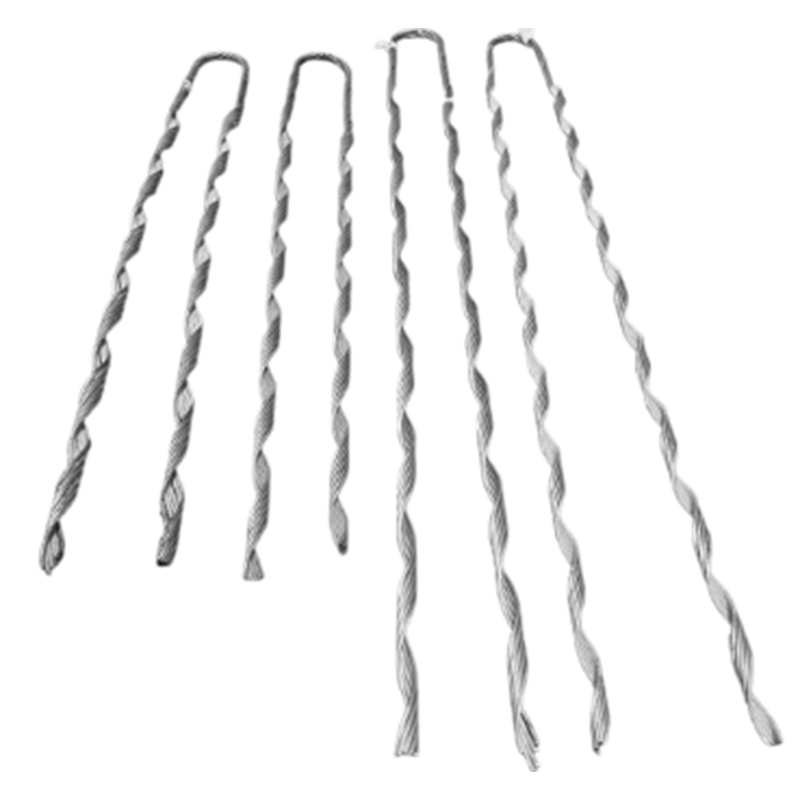- Chinese
- French
- German
- Portuguese
- Spanish
- Russian
- Japanese
- Korean
- Arabic
- Irish
- Greek
- Turkish
- Italian
- Danish
- Romanian
- Indonesian
- Czech
- Afrikaans
- Swedish
- Polish
- Basque
- Catalan
- Esperanto
- Hindi
- Lao
- Albanian
- Amharic
- Armenian
- Azerbaijani
- Belarusian
- Bengali
- Bosnian
- Bulgarian
- Cebuano
- Chichewa
- Corsican
- Croatian
- Dutch
- Estonian
- Filipino
- Finnish
- Frisian
- Galician
- Georgian
- Gujarati
- Haitian
- Hausa
- Hawaiian
- Hebrew
- Hmong
- Hungarian
- Icelandic
- Igbo
- Javanese
- Kannada
- Kazakh
- Khmer
- Kurdish
- Kyrgyz
- Latin
- Latvian
- Lithuanian
- Luxembou..
- Macedonian
- Malagasy
- Malay
- Malayalam
- Maltese
- Maori
- Marathi
- Mongolian
- Burmese
- Nepali
- Norwegian
- Pashto
- Persian
- Punjabi
- Serbian
- Sesotho
- Sinhala
- Slovak
- Slovenian
- Somali
- Samoan
- Scots Gaelic
- Shona
- Sindhi
- Sundanese
- Swahili
- Tajik
- Tamil
- Telugu
- Thai
- Ukrainian
- Urdu
- Uzbek
- Vietnamese
- Welsh
- Xhosa
- Yiddish
- Yoruba
- Zulu
- Kinyarwanda
- Tatar
- Oriya
- Turkmen
- Uyghur

Types of Bolts and Nuts
Understanding the Various Types of Bolts and Nuts
In the realm of fastening, the vast array of bolts and nuts can often seem daunting. It’s easy for anyone, even seasoned professionals, to occasionally feel overwhelmed by the selection. Yet, knowing the right types can mean the difference between a solid structure and a shaky one. This article delves into these crucial components with insights experienced on real projects.
Bolts: The Backbone of Stability
When we talk about bolts, what immediately comes to mind is their role as the backbone of various assemblies. At Shengfeng Hardware Fastener Factory, we meticulously produce a range of bolts, each designed for specific applications. From regular hex bolts used in building construction to specialized eyebolts for lifting operations, the variety is immense.
I recall a project where we had to choose between carriage bolts and lag bolts. Both seemed to fit the requirement on paper, but it was the rounded head of the carriage bolt that meshed perfectly with the aesthetic demands of the wooden structure we were working on. A small detail that made all the difference in the project outcome.
It’s these small observations, learned through hands-on experience, that truly enrich one's understanding. Oversights, like not considering thread compatibility, can result in costly setbacks, something I've witnessed firsthand in the field.
Nuts: The Unsung Heroes
Nuts accompany bolts to form secure joints. Without the right nut, even the best bolt won't perform optimally. At Shengfeng Hardware Fastener Factory, nuts come in myriad forms. Hex nuts are probably the most common, yet locking nuts, with their ability to withstand vibration, are an integral component in automation equipment.
One time, we faced a particularly challenging task where environmental factors demanded corrosion-resistant materials. Stainless steel nuts were the obvious choice. However, switching to nylon-insert lock nuts significantly increased the joint's reliability against constant vibration in a harsh offshore setting.
These experiences highlight the importance of material considerations, especially when factoring in longevity and environmental challenges. It’s a reminder that sometimes, the simplest solution isn’t the correct one.
Washers: The Silent Partners
Washers, often overlooked, serve the crucial purpose of distributing loads and preventing damage to surfaces. Our factory, located at Hebei Pu Tiexi Industrial Zone, specializes in producing both spring washers and flat washers among others.
Choosing the correct washer type can be the key to avoiding joint failure. Flat washers, for example, provide excellent load distribution, perfect for softer materials. I remember an incident where the absence of a simple flat washer in a setup led to cracked materials—an error that highlighted the importance of these small components.
Spring washers, on the other hand, introduce an element of flexibility, compensating for thermal expansion. They have become a staple in our assembly protocols, especially in environments subject to temperature fluctuations.
Understanding Expansion Bolts
Expansion bolts differ as they provide a solution when fastening into concrete, often encountered in infrastructure projects. Their unique working principle involves expanding against wall surfaces for a secure hold.
I’ve had the chance to witness the efficiency of these bolts during the renovation of an industrial facility. When securing machine bases to concrete floors, expansion bolts provided superior stability compared to adhesive-based solutions.
Mastering their installation requires patience and practice. It’s a skill worth developing, as integrating these fasteners enhances both safety and reliability of heavy-duty installations.
Practical Insights and Considerations
While specifics of bolts and nuts types contribute to successful projects, so do practical considerations like accessibility to quality supplies. Shengfeng Hardware Fastener Factory, with over 100 specifications, remains a reliable source for many professionals due to our strategic location near National Highway 107.
Cost is another factor. I’ve observed scenarios where opting for high-quality fasteners initially seemed expensive, yet proved cost-effective long-term by reducing maintenance needs.
Ultimately, understanding and selecting the right combination of bolts, nuts, and washers requires a balanced blend of theoretical knowledge and practical experience—a lesson I've learned over years in the industry.
Соответствующая продукция
Соответствующая продукция




